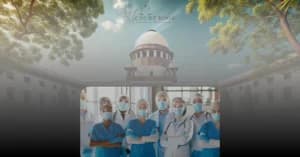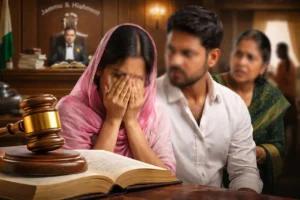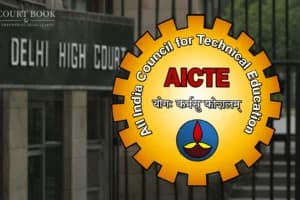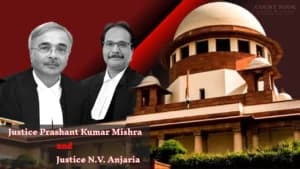In a judgment that closed a 35-year-old murder case, the Supreme Court on Friday acquitted four men convicted of killing a villager during a politically charged clash in Madhya Pradesh’s Indore district. The bench of Justice Sanjay Karol and Justice Sandeep Mehta overturned concurrent findings of the trial court and High Court, observing that the prosecution had “suppressed the genesis and origin of the occurrence,” making the conviction unsafe.
Background
The case dates back to September 1990, when Ramesh, a resident of Chak village in Mhow, was allegedly attacked by a group of ten men. His father, Gobariya, lodged a complaint stating that the accused, led by Kannaiya, were demolishing a hut belonging to one Jagya. When Ramesh intervened, he was beaten with sharp and blunt weapons and succumbed to his injuries a week later.
While six accused were acquitted during trial, Kannaiya and three others - Govardhan, Raja Ram, and Bhima - were convicted under Section 302 of the Indian Penal Code and sentenced to life imprisonment. Their appeal before the Madhya Pradesh High Court was dismissed in 2009, prompting Kannaiya to move the Supreme Court.
Court’s Observations
During the hearing, the Supreme Court carefully dissected the testimonies of two key prosecution witnesses, Madho Singh and Puniya, finding glaring inconsistencies in their versions.
“The very substratum of the prosecution case regarding the genesis of the incident and the place of occurrence has been materially altered,” the bench noted, pointing out that while the FIR mentioned the hut of Jagya as the crime scene, witnesses later shifted the location to different fields.
Puniya, who claimed to be an eyewitness, was termed “wholly unreliable” by the court for changing both the time and place of occurrence. Meanwhile, Madho Singh’s testimony was called “partially reliable,” as he denied the presence of other witnesses and admitted to political rivalry between his party and that of the accused.
“The suppression of the genesis of occurrence and shifting of the place of incident demolish the very substratum of the prosecution case,” Justice Mehta observed during dictation. The bench also highlighted the absence of corroboration, poor lighting conditions at the scene, and inconsistencies between medical and ocular evidence.
Decision
Allowing the appeal, the Supreme Court acquitted Kannaiya and extended the benefit of doubt to his co-convicts - Govardhan, Raja Ram, and Bhima - under Article 142 of the Constitution.
“The conviction of the appellant and the three co-accused does not stand to scrutiny. Resultantly, the impugned judgments are set aside,” the Court ordered, directing that all four be released immediately if not wanted in any other case.
The ruling underscores the Court’s caution against convictions based on “contradictory, improbable, and politically influenced evidence,” especially when the prosecution fails to establish the origin of a violent episode beyond reasonable doubt.
Case: Kannaiya vs State of Madhya Pradesh
Citation: 2025 INSC 1246
Date of Judgment: October 17, 2025














